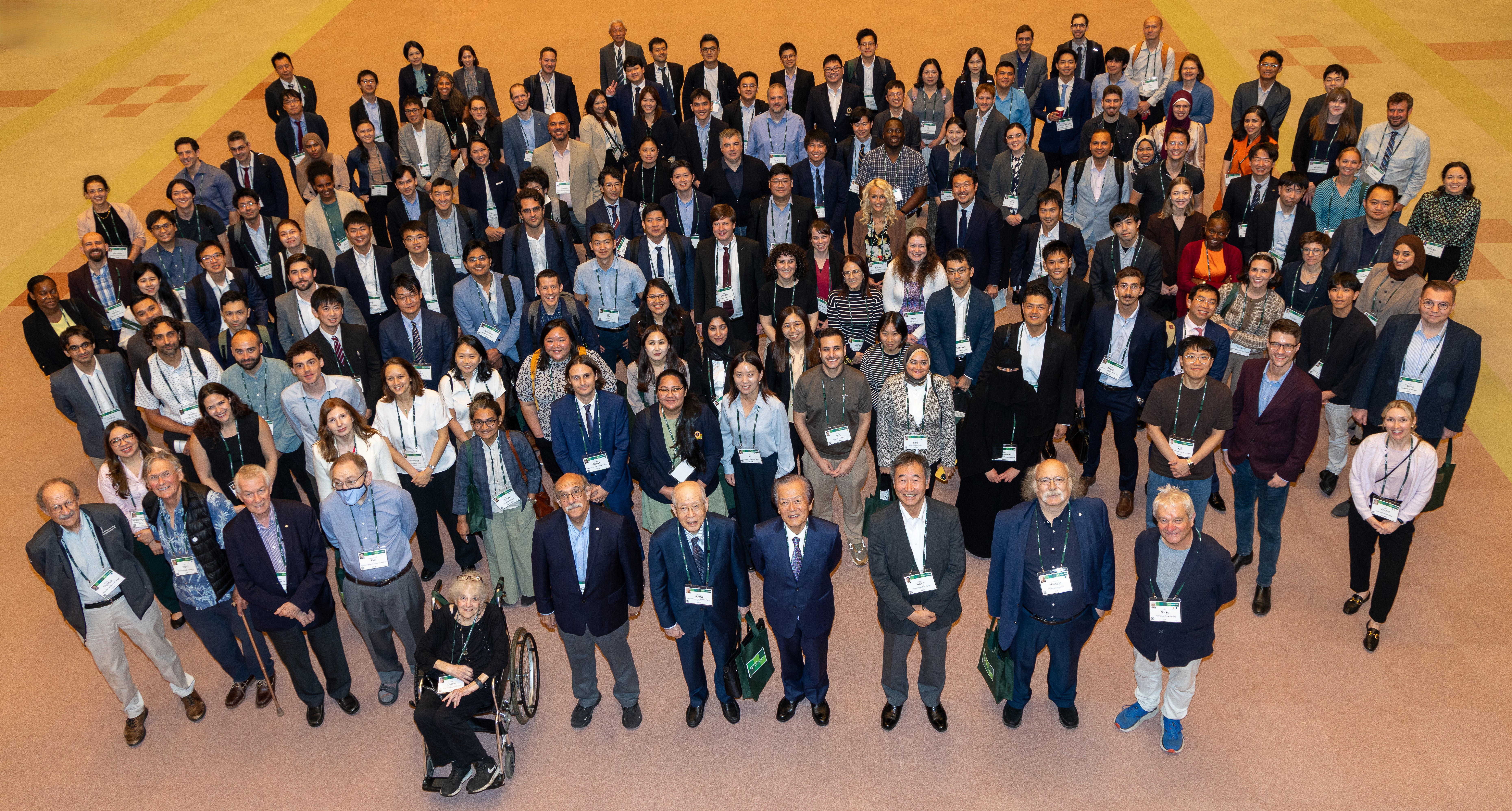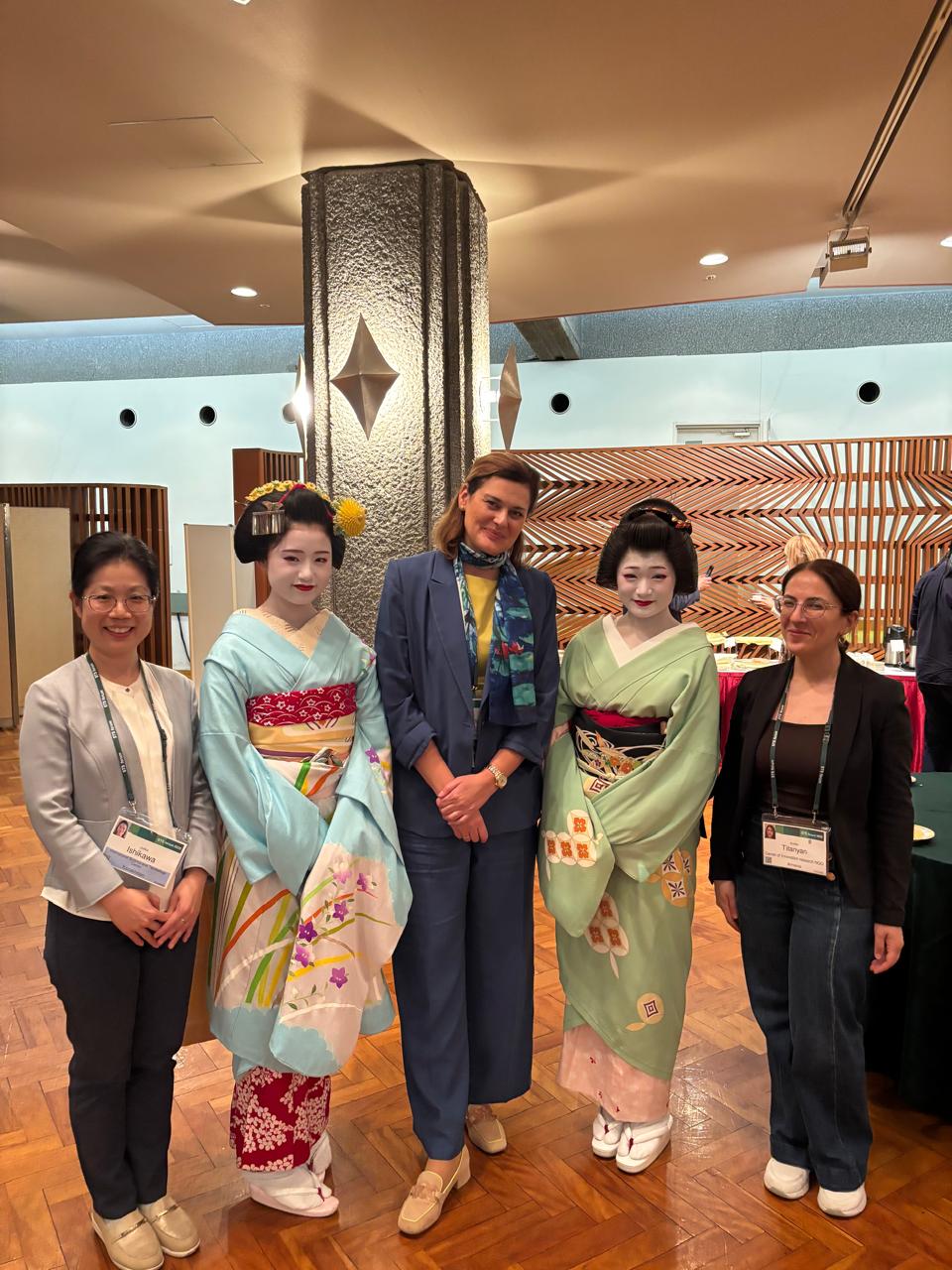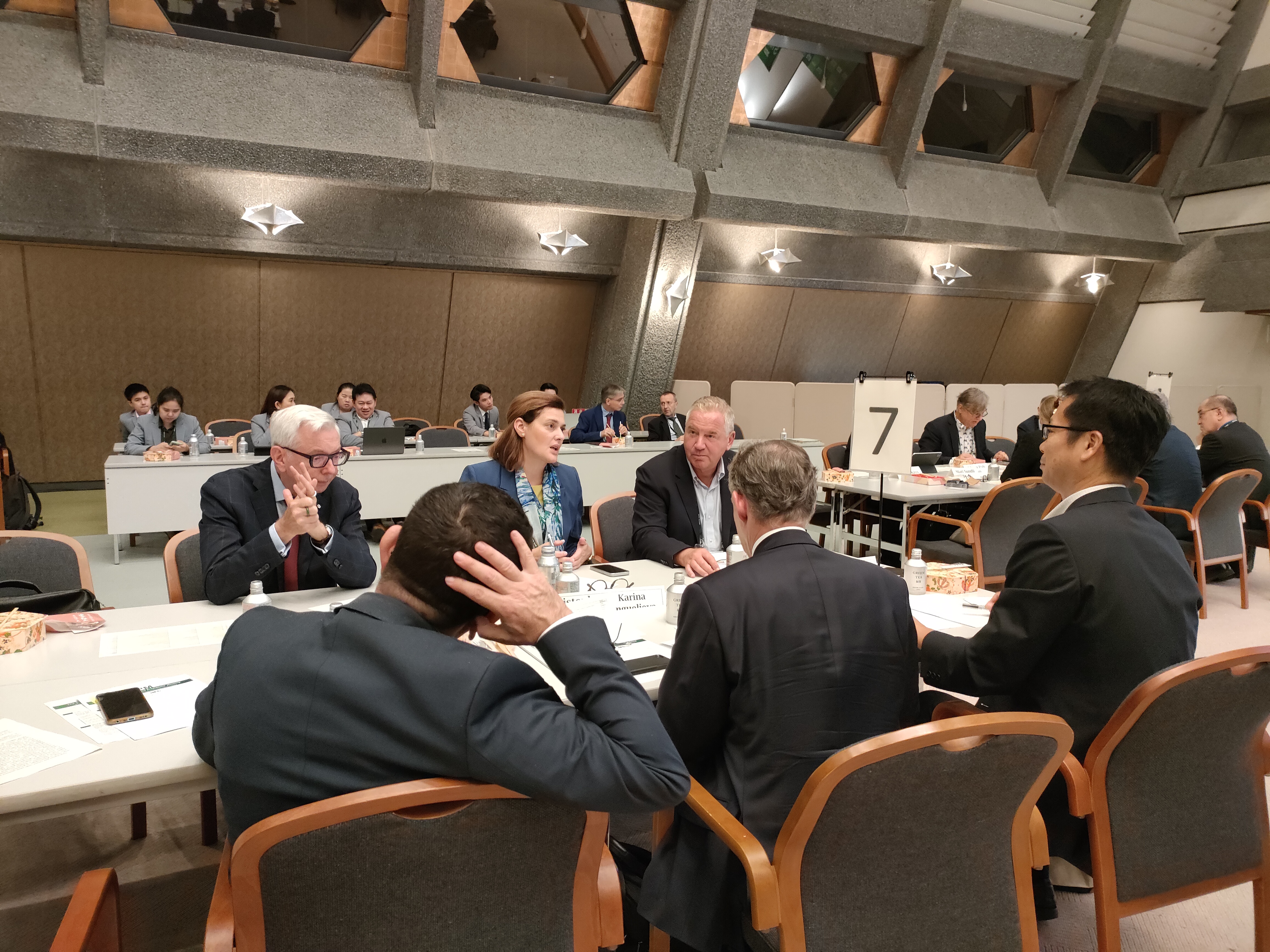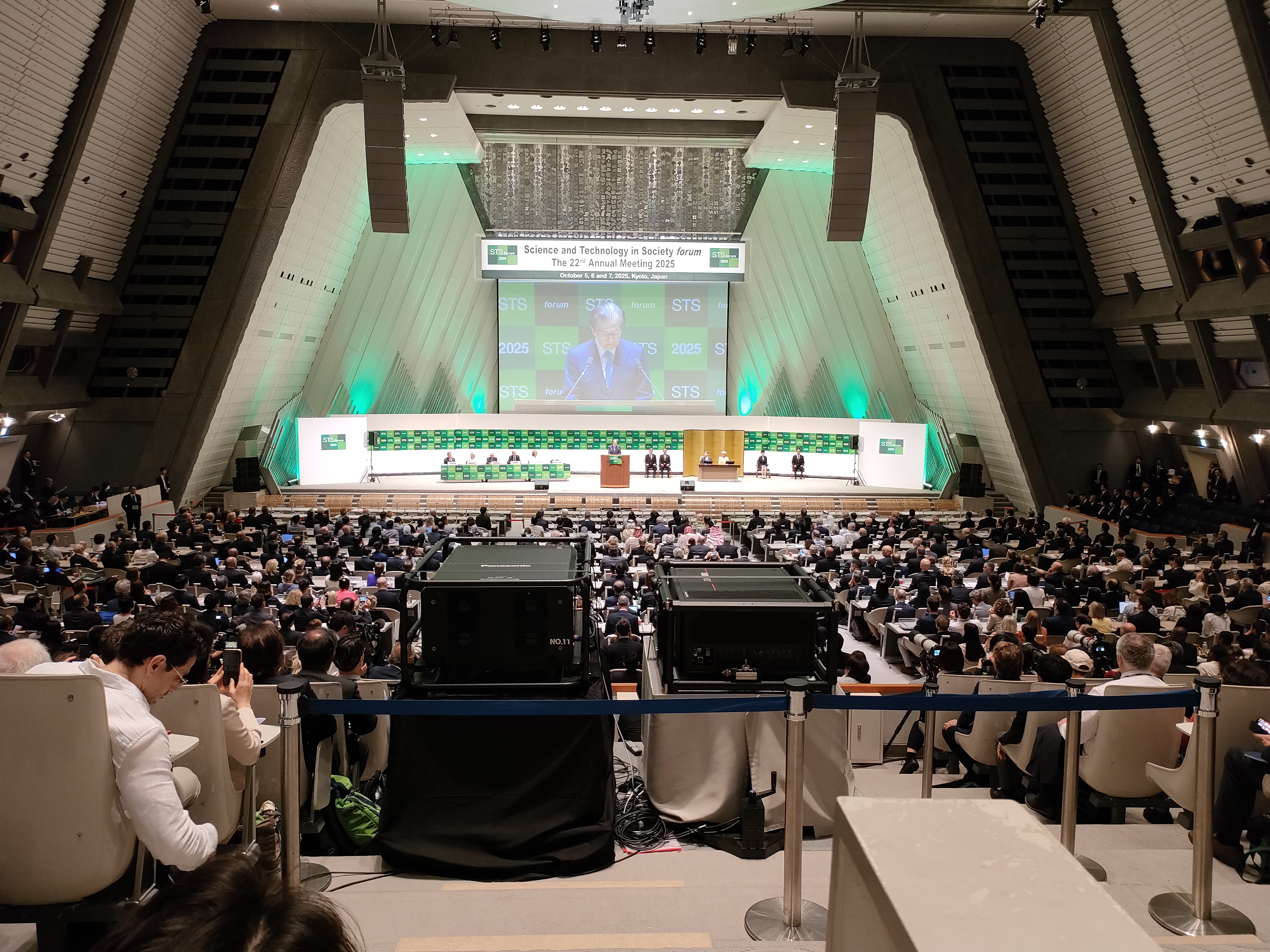ISTC participates in the 22nd Annual Meeting of the STS Forum 2025 in Kyoto, Japan

ISTC participates in the 22nd Annual Meeting of the STS Forum 2025 in Kyoto, Japan
The International Science and Technology Center (ISTC) took part in the 22nd Annual Meeting of the Science and Technology in Society (STS) Forum, held in Kyoto, Japan, on October 5–7, 2025.
Founded in 2004 by Koji Omi, former Minister of State for Science and Technology Policy and later Minister of Finance of Japan, the STS Forum gathers scientists, policymakers, and business leaders from around the world to discuss how science and technology can contribute to society. The city of Kyoto, with its 1,200-year-old heritage and its role as a hub for cutting-edge innovation, provides a fitting setting for these forward-looking dialogues.

Recognized as one of the world’s leading permanent platforms for science and technology dialogue, the STS Forum encourages long-term perspectives on how to maximize the benefits — and mitigate the risks — of scientific progress. This year’s discussions focused heavily on the ethical use of artificial intelligence (AI), its potential to improve human well-being, and the need to ensure its sustainable and responsible application.
During the Plenary Session “Path to Sustainability toward a Zero-Carbon Society,” participants noted that the growing energy demand driven by generative AI has contributed to renewed interest in nuclear power. In this context, the ISTC’s long-standing capacity-building programs in nuclear safety and security were recognized as increasingly vital.
ISTC Executive Director Karina Anguelieva was invited to the 15th Funding Agency Presidents’ Meeting (FAPM), organized by the Japan Science and Technology Agency (JST) and the German Research Foundation (DFG), held in parallel with the forum. The meeting focused on fostering AI-literate human resources. Ms. Anguelieva chaired a roundtable discussion exploring the question: “How can funders work with industry when designing or implementing initiatives for developing AI-literate human resources?”

This discussion highlighted the need for funding agencies to invest in developing AI-competent talent capable of leading research, advancing applications, and addressing the ethical, legal, and social implications (ELSI) of AI — in close collaboration with industry, which is increasingly recruiting skilled professionals from academia.
On the final day, the Plenary Session “Global Impact of AI by 2030 and Beyond: Roadmap for the Next Decade” emphasized the importance of building robust and transparent governance frameworks to ensure equitable and ethical access to high-quality data processed by AI. Speakers also drew attention to the digital divide, structural inequalities in digital access, shortages in cybersecurity expertise, and the urgent need for AI-literate leadership. Topics such as AI sovereignty and jurisdictional challenges were also discussed as AI systems transcend national borders.
As part of its ongoing commitment to nurturing young scientific talent, ISTC supported three young researchers from Armenia, Kazakhstan, and Kyrgyzstan to participate in the STS Forum Young Leaders Program, which included a special event titled “Dialogue between Young Leaders and Nobel Laureates.”


